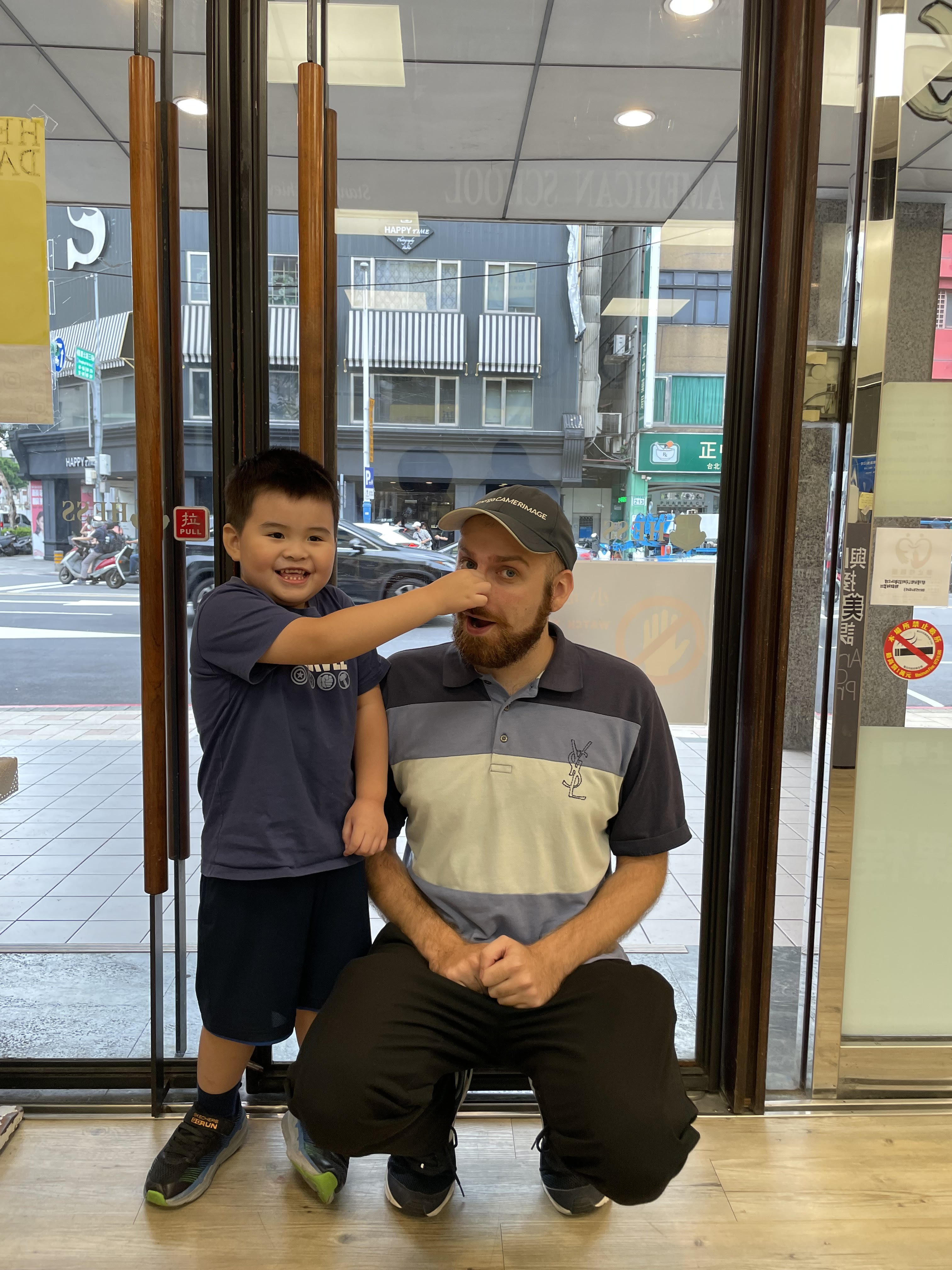Tag: teaching resources
Why Rewards are More Important than Punishments
While trying to manage a classroom, most teachers’ first instinct will be to simply punish students for disruptive behaviors. There is definitely a space and a need for that – some behaviors are simply too disruptive or even dangerous to not address immediately and decisively. However, there are a lot of compelling reasons why rewarding and reinforcing good behavior is a far better long-term strategy than just using negative consequences.
Meet Vadim Rubin, An American Teacher in Taipei, Taiwan
Introducing Vadim Rubin, an amazing guy who flew back to Taiwan in September 2015 after being here previously for studies. Read on to find out about his active lifestyle on this beautiful island, how he has adjusted to teaching, and how much he enjoys his lifestyle here.
Mary McCusker, Teaching for EPIK in South Korea
Mary McCusker is currently teaching for EPIK in South Korea through Reach to Teach. She has kindly shared with us her experiences and pictures in an interview. She had so much to say about her experiences that we have made this into a two part interview.
The Art of Questioning
I’m sure we can all remember more than one class in high school or college in which we struggled to keep our heavy eyelids from shutting out an instructor droning on in an endless string of statements. Though the teacher or professor was doing their best to share the information in his/her head, very little of that information was entering ours.
10 Ways Teaching ESL Will Help You In Life
It turned out, though, that the years I spent teaching were some of the most beneficial (and fun!) in my life, and ended up taking my life and career in directions I wouldn’t even have imagined before leaving home. Here are eight ways I found that teaching ESL will help you in life.
Teaching Middle School in Korea
The attitude, the rebelliousness, and the constant pushback teachers get from their middle schoolers often leave them with a bitter taste of those classes. I, however, find these classes incredibly satisfying. Here’s why.
5 Solutions to Misbehaving Students
Not all disruptive behaviors in your students are created equal. A key to managing your class and keeping everyone behaving is identifying the reason why certain negative behaviors happen, and knowing the best way respond.
Gaining Feedback from Korean Adult Students
The best kind of teachers are the ones that can recognize their mistakes and grow from them. After all, teaching is a huge learning curve, even the most experienced teacher can be presented with a new situation in which to grow from. Getting feedback from students is the best way to see where you are going wrong, but gaining that feedback isn’t always easy especially in a country like South Korea where challenging authority is often culturally inappropriate.











